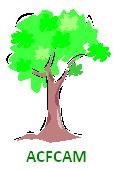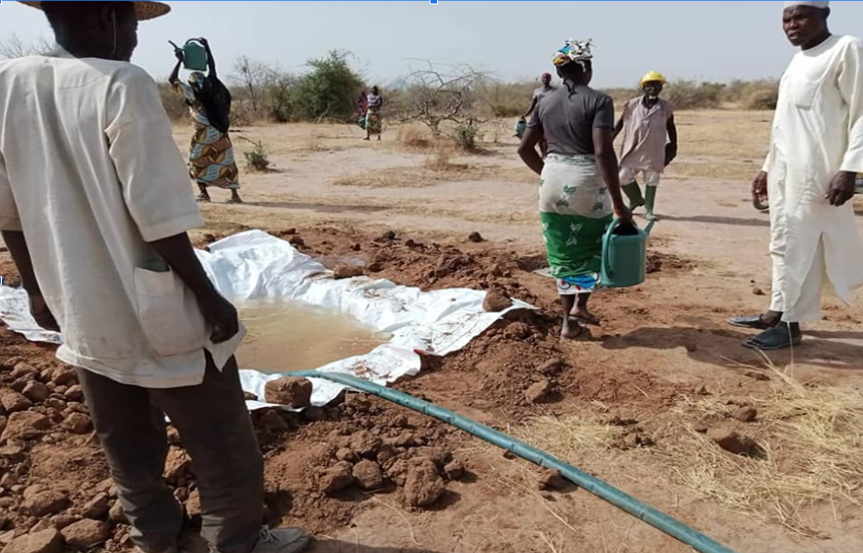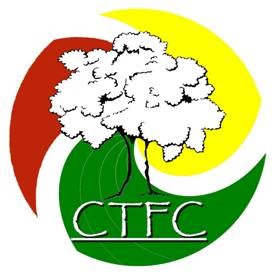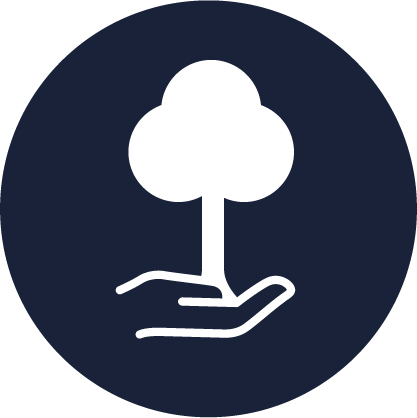Reforestation project 1400
The Association des Communes forestières du Cameroun (Association of Forest Communes of Cameroon) was created out of the desire of Cameroon's communes to support the process of decentralisation and good governance of natural forest resources.


Overview of the project

The initiative, in the form of a grant awarded by the European Union under the 11th EDF to the Association des communes forestières du Cameroun (ACFCAM), used the participatory approach as an innovation to improve forest governance and the sustainable management of natural resources in forest areas, by decentralised local authorities and local populations,
Plantations were planned in a participatory way on sites that were recognised as communal or community territories, i.e. not legally contested or administratively secured. Thanks to the participatory approach, the best protection for the new woodlands was provided by the local people themselves.
This approach made it possible to take into account the integration of pastoral communities in various reforestation activities. For example, transhumance corridors were taken into account when choosing planting sites; species to be planted that could contribute to animal nutrition were taken into account, and training courses were adapted in local languages. Agroforestry techniques were favoured in the various plantations. In the majority of cases, the work was carried out free of charge by local residents, in particular to plant intercrops. This approach minimised the cost of maintaining forest and fruit plants, while enabling local residents to make the most of these areas and benefit from them every year until the trees have reached maturity.
L'objectif du projet est promouvoir l’amélioration de la gouvernance de la gestion durable des ressources naturelles en milieu forestier au Cameroun
Ongoing research
Du 20/12/2018 au 20/12/2022. Projet toujours en cours
On the 1000 hectares of forestry plantations waiting on 4 years in the North and the Extreme-North (area of dry savannah), 2976.98 ha de plantations are made and available June 2022; On the 400 ha of plantations forestry waiting on 4 years in the transition areas, 448 ha plantations are made and available in June 2022. ; The minimum rate of success will be evaluated at the end of 4 years. However, by going beyond the project’s expected indicators, it is already possible to minimise the impact of losses in relation to the areas expected at the end; the various cross-cutting activities have made it possible to reach a target group (farmers, stockbreeders, agroforesters, etc.) estimated at 10,000 people, including 9,000 men and 1,000 women.
The project has contributed to the development of timber and fruit plantations in the Communes of the dry and ecological transition zones, restoring degraded reserves and creating new forests; there has been an improvement in forest governance and the sustainable management of natural resources in the forest environment by the decentralised territorial authorities and local populations; The exploitation of timber and non-timber products (particularly fruit) is currently very well organised; the skills of local authorities, local communities, local NGOs and private individuals have been strengthened.
This project was financed by the 11th European Development Fund (EDF); and co-financed by the municipalities.
organisation
The Association des Communes forestières du Cameroun (Association of Forest Communes of Cameroon) was founded in 2006 out of the desire of Cameroon’s communes to support the process of decentralisation and good governance of natural resources in the forestry sector. The association has more than 150 member communes. Its various activities include Institutional and technical support for Communes in the process of creating communal forests and managing forest reserves and reforestation areas granted to them; Ensuring the sustainability of communal forest activities through support for the development, implementation and monitoring-evaluation of development plans, five-year management plans and annual operating plans for communal forests.
MINFOF. (Ministry of Forests and Fauna); MINEPDED (Ministry of the Environment, Nature Protection and Sustainable Development); Fédération Nationale des Communes forestières de France (FNCOFOR), which is responsible for monitoring the scheme at national and international level; and cooperatives and companies, local organisations and other stakeholders.




